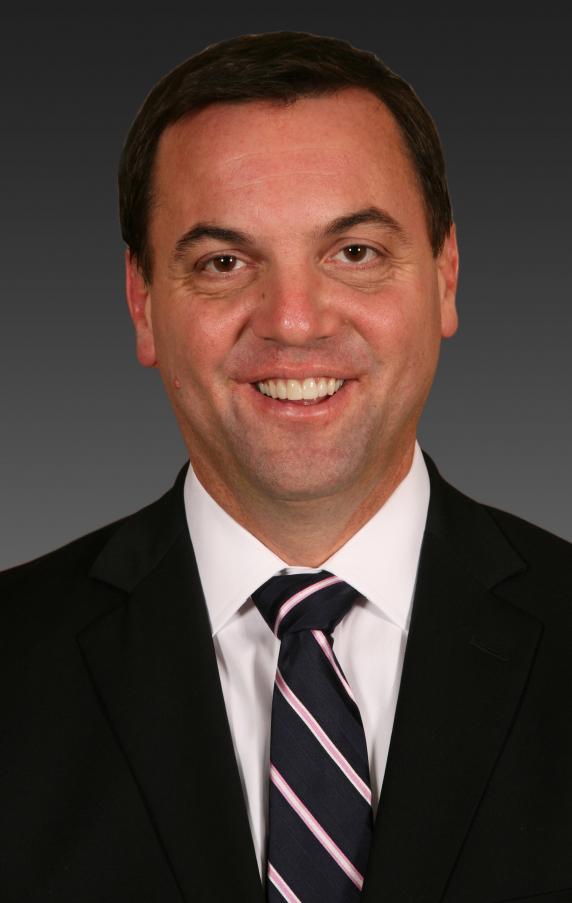Political parties, like sports teams, have a perverse knack of snatching defeat from the jaws of victory. We won’t dwell today on the painful collapses of the Toronto Raptors and Maple Leafs. Let’s concentrate on Ontario politics instead.
In 2007, the Ontario Progressive Conservatives seemed poised to depose Dalton McGuinty’s Liberals — then the PC leader of the day, John Tory, declared that if he became premier, he would extend public funding to religious or faith-based schools. That was the old ball game right there.
The PCs lost the election. Tory lost in his own riding, to a virtually unknown Liberal named Kathleen Wynne. (Tory went on to retread himself as a radio host and now he’s running for mayor of Toronto, his principal asset being that he is not Rob Ford.)
Fast forward to 2014. The aforementioned Kathleen Wynne, now premier, calls a provincial election that common sense would suggest she cannot win. The Liberals have been in power too long (11 years). They need a spell in opposition to give the fumigators time to rid the party of the stench of the scandals of the McGuinty eras. Most of the opinion polls put the Tim Hudak’s Conservatives a few points ahead of the Liberals.
Yet Wynne calls an election anyway – which is either really dumb or, just maybe, really smart. She has used the provincial budget to torque her party to the left of the NDP, and she has made some progress in shifting attention away from the Liberals’ scandals by adopting a tried and true provincial tactic: attack Ottawa and tie those villains to her own opponents.
So “Smirking” Stephen Harper becomes the enemy of the Ontario state, with Tim Hudak as his faithful local agent. But savaging the feds, fun though it may be, only works to a point. A real issue is required. And when a political leader is lucky, her opponent hands her that issue, as Tory did for McGuinty back in 2007.
I think Hudak did that for Wynne last week when he pulled a Mike Harris. He promised to eliminate a whopping 100,000 jobs in the Ontario public sector. Yet he was already promising to add 1 million new jobs across the province. How one can subtract and add simultaneously is a question best put to the ideologues of the right.
But Hudak was not done. To his promise to get rid of 100,000 public-sector employees – exempting only nurses, doctors and police officers, but pointedly not teachers (for whom the Conservatives seem to have a special hatred) – he added another gift for Kathleen Wynne.
He announced that if elected he would make Ontario’s business taxes the lowest in North America by reducing the corporate taxes rate by 30 per cent. He says this would create 120,000 jobs; his critics contend it would turn Ontario into a poor-man’s Mexico.
It will be fascinating to see how the election plays out in the broad swath of Southwestern Ontario from Guelph through Waterloo to London. Communities in this belt are hurting. Tens of thousands of traditional manufacturing jobs have disappeared and the downsizing at BlackBerry is evidence the tech sector is not immune.
How will voters in these communities respond to Hudak economics? As in the Harris era, public services will be cut almost across the board. Roads will be neglected. The poor will get less support. Fewer teachers means larger classes, fewer extra-curricular programs and diminished opportunities for special-needs students.
To see if Hudak economics has any resonance, I’ll be watching Kitchener-Waterloo a former Conservative seat that New Democrat Catherine Fife took in a 2012 by-election, and Kitchener Centre, held by Liberal John Milloy, who is retiring. The Tories ran second in both the last time around.
If Hudak’s approach turns off moderate voters, they will have to decide strategically which party offers the better opportunity to stop him, the Liberals or the New Democrats. I’d think Wynne’s Liberals, but I’ve been wrong before.
Cambridge resident Geoffrey Stevens, an author and former Ottawa columnist and managing editor of the Globe and Mail, teaches political science at Wilfrid Laurier University and the University of Guelph. His column appears weekly in Waterloo Region Record and Guelph Mercury. He welcomes comments at [email protected]



